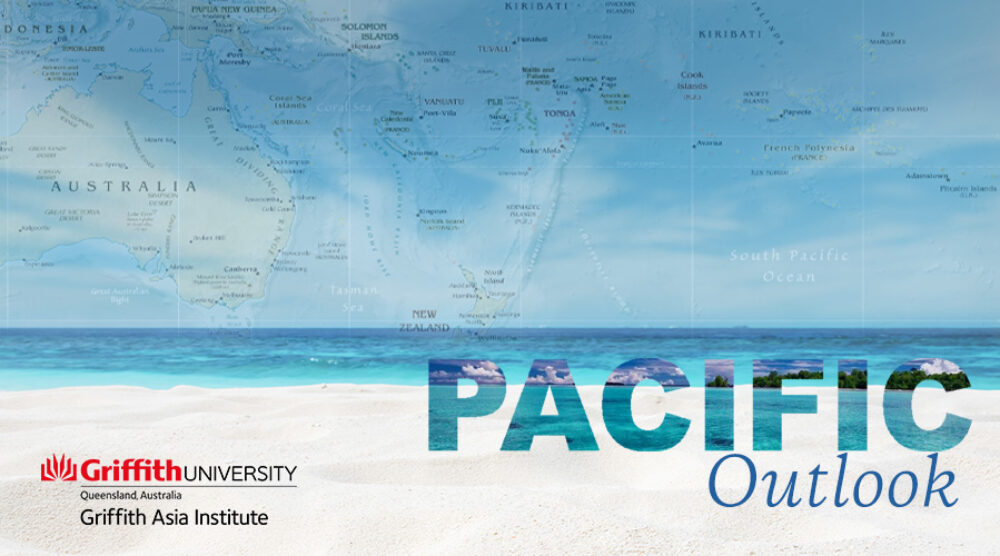TESS NEWTON CAIN |
Vanuatu President dissolves Parliament
In Vanuatu, the newly installed President, Nikenike Vuraboravu has dissolved Parliament on the advice of Prime Minister Bob Loughman and the Council of Ministers. Loughman had made the request for dissolution after a motion of no confidence in him was set down to be debated in the Parliament.
The Opposition group of MPs, led by Ralph Regenvanu lodged a challenge to the President’s decision with the Supreme Court on Monday afternoon.
Vanuatu’s Constitution stipulates that when Parliament is dissolved, elections must be held no earlier than 30 days and no later than 60 days after the dissolution. Vanuatu is not scheduled to hold elections until 2024. There is no provision in this year’s budget for snap elections, which will be very costly for the country to carry out.
Investment conference looks to the future in PNG
A recent investment conference held in Brisbane provided an opportunity to look at what the economic future holds for PNG, under the new government.
There were numerous calls for more investment and support for small and medium enterprises. Several references were made to the need to catalyse growth in the non-resources sectors of the economy, including agriculture. These are regular refrains when it comes to economic development in PNG.
PM Marape did not attend the conference. He was in Singapore meeting with some of the key investors in his country, including relative newcomer ‘Twiggy’ Forrest.
Another longstanding issue that is of concern for investment confidence is the slowness of the government in paying its bills. Business groups recently put forward a consolidated claim of K3 billion (US$853,422,000) owed by the government to private businesses. It is not clear how much of this has been or will be paid.
Media freedom concerns in Solomon Islands
Concerns about media freedom continue in Solomon Islands. The government has hinted that it may regulate media operations. Whilst it is not yet clear what this will look like, there are already questions being asked about how this might limit the ability of journalists and publishers to hold the government to account.
There has also been a suggestion that the government may seek to set up its own newspaper, which has led some journalists to query how this will affect the media landscape in Solomon Islands.
Prime Minister Sogavare has taken particular offence to a recent report by ABC’s Four Corners program. Another regulatory change that may be in the office is that foreign journalists will have to apply for a visa to enter the country.
The Leader of the Opposition, Mathew Wale, has criticised the Prime Minister and said that he is being ‘paranoid’ about media scrutiny.
NZ Foreign Minister travels to the region
Minister Nanaia Mahuta of New Zealand visited Niue and Tonga last week.
Whilst in Tonga Minister Mahuta launched a new climate finance strategy with the New Zealand Climate Change Minister, James Shaw. The strategy outlines how the NZ1.3 billion that New Zealand pledged in the lead-up to COP26 will be spent.
Minister Mahuta announced that at least 50% of the funding would go to the Pacific and there would be a focus on local projects that are designed and led by communities who are already working to build resilience in the face of the impacts of climate change.
Whilst in Tonga, Minister Mahuta also announced NZ$4.8 million for support to the Tongan government in relation to health. This includes ongoing support to address COVID-19 as well as funding for training and deployment of healthcare workers to meet community needs.
Tess Newton Cain is an Adjunct Associate Professor at the Griffith Asia Institute and project lead of the Pacific Hub.








